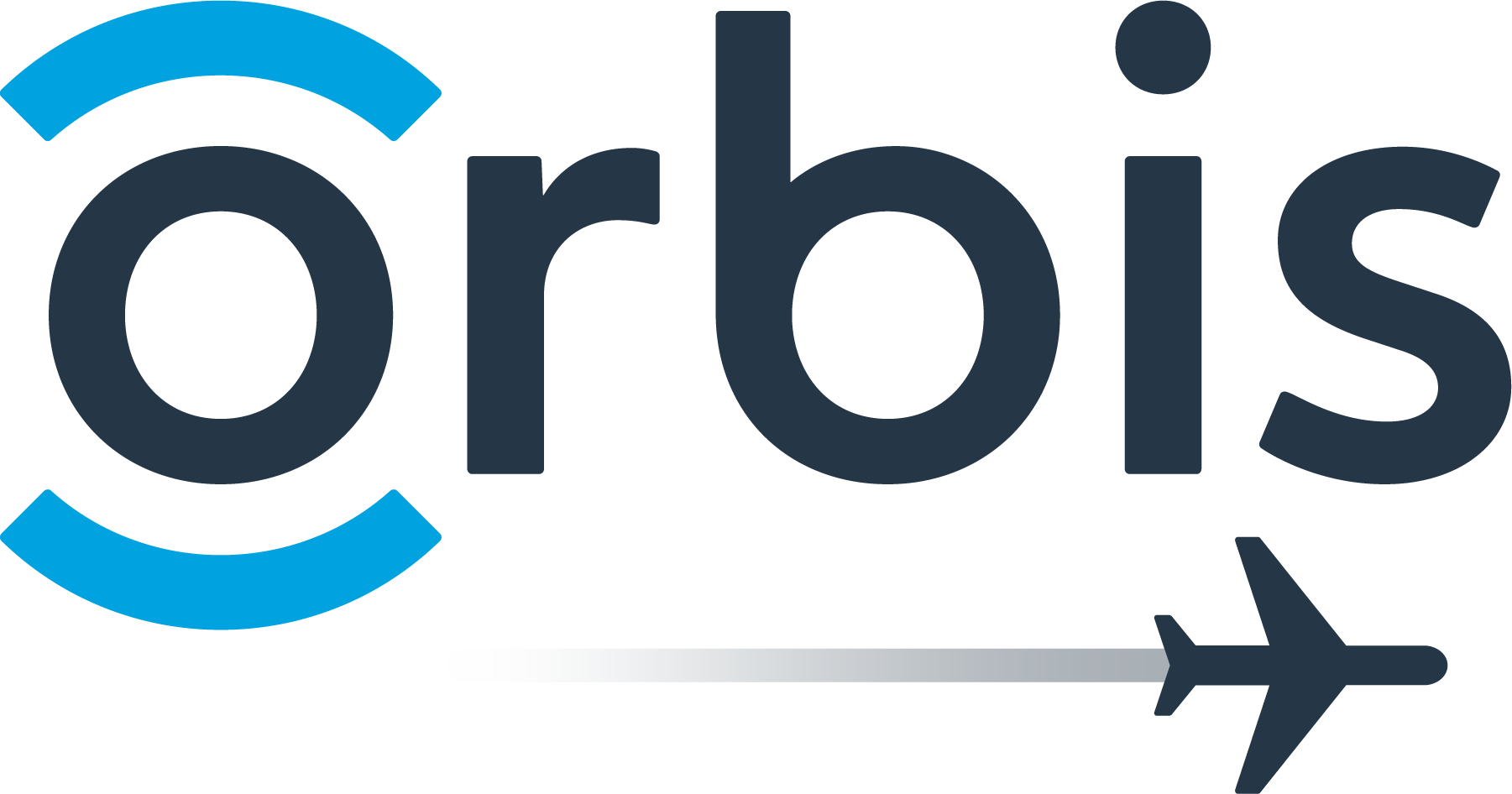
Orbis International kicks off Virtual Flying Eye Hospital program in Ethiopia

The 10-week Flying Eye Hospital program will offer courses focusing on advanced glaucoma and simulation lectures for residents.
Orbis International is taking off with another virtual Flying Eye Hospital program to provide tailored training to eye care professionals in Ethiopia on treating glaucoma and cataract, leading causes of blindness and visual impairment in the country.
With a population of roughly 120 million, Ethiopia is in desperate need of more qualified eye care professionals. However, Orbis noted in a news release that only a handful of academic institutions offer training opportunities for a small number of ophthalmology residents each year. As a result, the eye care nonprofit noted that the lack of eye health specialists has translated to challenges in providing equitable eye care services in the country, including effective treatments to reduce visual impairment caused by glaucoma and cataract.
Orbis noted that it will offer 2 courses during the 10-week virtual Flying Eye Hospital program.
The first, Advanced Glaucoma, will teach ophthalmologists and fellows from Orbis partner hospitals and academic institutions around the country about emerging techniques and technologies for treating glaucoma. Training will be carried out through the completion of relevant pre-learning courses on Orbis's telemedicine platform,
The second course, Simulation Lectures for Residents, will provide participating ophthalmology residents from five academic institutions with an opportunity to build fundamental skills in two types of cataract surgery (manual small-incision and phacoemulsification) and surgical treatments for glaucoma (trabeculectomy and the placement of drainage devices). Course participants will complete pre-learning content on Cybersight during their own time and join biweekly live lectures from Volunteer Faculty.
Virtual Flying Eye Hospital Trainings
According to the news release, Orbis's Flying Eye Hospital is the world's only fully accredited ophthalmic teaching hospital on board an MD-10 aircraft. Celebrating its 40th anniversary this year, the Flying Eye Hospital has traveled the world delivering best-in-class training for eye care professionals in over 95 countries. In 2020, Orbis reimagined in-person Flying Eye Hospital trainings as virtual ones to ensure that eye care teams could still access critical training safely during the pandemic. Orbis reached nine countries in 2020 and 34 countries in 2021 through virtual Flying Eye Hospital projects.
"We have made significant progress in improving the quality of eye care in Ethiopia over the past 20-plus years, but we know there is still much work to be done to further increase eye health in the country," Derek Hodkey, president and CEO of Orbis International, said in the news release. "Our virtual training projects, enabled by our incredible volunteers and supporters, have proven to be instrumental in training the next generation of eye health professionals in Ethiopia and beyond."
Orbis's Work in Ethiopia
In 1998, Orbis established its presence in Ethiopia with an in-country office in Addis Ababa. Since then, Orbis has transformed the eye care sector in Ethiopia, including by establishing the Eye Bank of Ethiopia, the first of its kind among sub-Saharan African countries, introducing subspeciality services, establishing pediatric eye care units and pioneering training programs for mid-level eye care workers in collaboration with local academic institutions.
According to the news release, Orbis has also worked with partners in Ethiopia to expand programs to prevent childhood blindness and to develop a comprehensive rural eye health system focused on delivering services to address trachoma, cataract and refractive error.
The news release also noted that through its efforts and collaborations in the country, Orbis helped to increase the number of ophthalmologists from 54 to 203 and optometrists from 0 to 540 since 1998. Through its interventions, Orbis has reached more than 3.2 million people with eye screenings and examinations, performed over 239,000 eye surgeries and trained nearly 163,000 health workers and other community volunteers during the last 22 years. In 2020 alone, Orbis and partners completed over 231,000 eye screenings and examinations, performed more than 8,600 eye surgeries and trained more than 21,400 health workers.
Newsletter
Don’t miss out—get Ophthalmology Times updates on the latest clinical advancements and expert interviews, straight to your inbox.





























